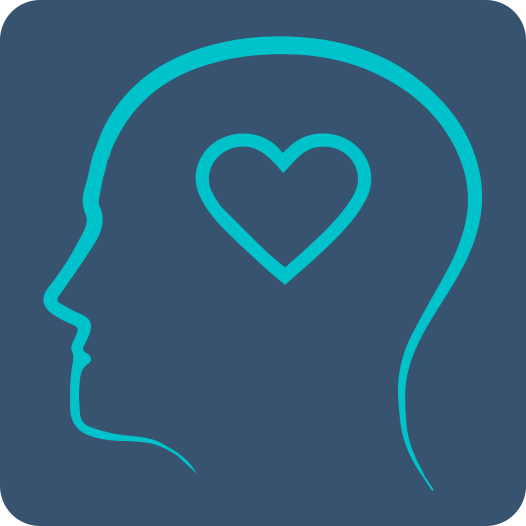CBT & ADHD FAQs

Frequently Asked Questions
Are you looking for Cognitive Behavioural Therapy (CBT) or an ADHD Assessment in Dorset or online? Our FAQ guide is here to provide you with the most comprehensive information about CBT & ADHD, including how it works, what conditions it treats, and what to expect from therapy sessions. CBT is one of the most effective, evidence-based psychological treatments for anxiety, depression, stress, OCD, PTSD, phobias, and more. Whether you are based in Bournemouth, Poole, Weymouth, Dorchester, or elsewhere in Dorset, or prefer the flexibility of online CBT sessions, this page is your one-stop destination for clear and practical information to support your mental health journey.
What is CBT?
Cognitive behavioural therapy (CBT) is an evidence-based talking therapy that helps people identify and change negative thought patterns and unhelpful behaviours. CBT combines cognitive therapy (changing unhelpful thinking) with behavioural therapy (developing healthier coping strategies). It is widely used for anxiety, depression, stress, OCD, phobias, PTSD, and insomnia.
What problems does CBT help with?
CBT is proven effective for a wide range of mental health conditions, including anxiety disorders, depression, panic attacks, obsessive compulsive disorder (OCD), post-traumatic stress disorder (PTSD), phobias, eating disorders, sleep problems, and even chronic pain management. NICE guidelines recommend it as a first-line treatment for depression and anxiety.
How many sessions will I need?
Most CBT therapy sessions are 8–16 sessions. We will agree on a plan after assessment and review progress regularly. Short-term CBT may focus on one issue, such as panic attacks, while longer treatment may be used for complex mental health conditions. Some people benefit from booster sessions or ongoing practice to maintain progress.
What happens in a CBT session?
In a typical CBT session, you’ll work with a qualified CBT therapist to explore specific problems, set goals, and learn practical strategies. Sessions are structured, often include homework exercises, and focus on current difficulties rather than past experiences. Your therapist may use worksheets, journaling, or role-play exercises to help you apply CBT tools in daily life.
What’s the difference between CBT and counselling?
CBT is a structured, goal-focused therapy that uses practical tools and homework to change thinking and behaviour patterns. Counselling, by contrast, is often more exploratory and reflective, focusing on emotional support and self-understanding. Many people choose CBT because it provides practical coping strategies for managing symptoms quickly.
Do you see clients online?
Yes, via secure video as well as in-person, depending on availability. Research shows digital CBT can be just as effective as face-to-face therapy for conditions like anxiety and depression.
Do you work with children?
Older adolescents by arrangement; otherwise adults 18+.
Is it confidential?
Yes. I follow professional standards and UK law. I’ll explain the limits of confidentiality at the first session.
Will there be homework?
Yes, homework is a key part of CBT. Between sessions, you may keep a thought diary, practice relaxation techniques, complete exposure tasks, or test new behaviours. Homework helps you apply CBT skills in real-life situations, speeding up recovery and making therapy more effective in the long term.
Do I need medication with CBT?
CBT can be used on its own or alongside medication such as antidepressants. For mild depression or anxiety, CBT is often recommended as the first-line treatment. For moderate to severe conditions, a combination of CBT and medication may provide the best results. Always remember, it’s important to consult your GP or psychiatrist before making any changes to your treatment plan. Their expertise and support will guide you in making the best decisions for your mental health.
ADHD Assessment: What’s included?
Your assessment will include pre-screening questionnaires, a structured clinical interview, collateral information where available (such as school/college history or family input), and a written report. You’ll also receive clear feedback and recommendations for next steps.
ADHD Assessment: Does my GP recognise it?
Yes. The assessment is carried out in consultation with a Chartered Clinical Psychologist and follows NICE guidelines. You can share the report with your GP and other healthcare professionals to support access to ongoing care and treatment.
ADHD Assessment: Remote vs in-person?
Assessments are carried out in person in Dorset following a structured, evidence-based process.
